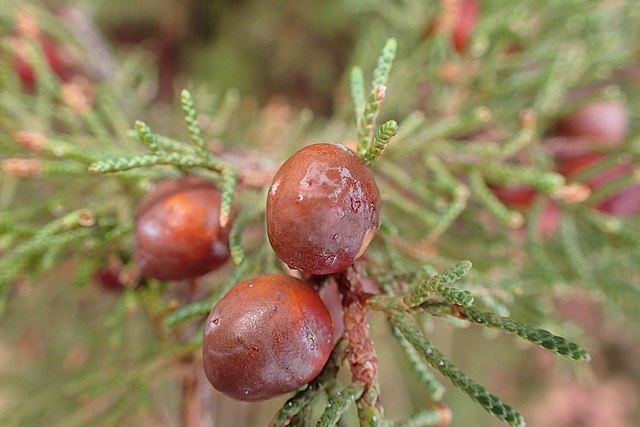The Ministry of Industry and Trade of Morocco presented the 2024 Industry Barometer October 30, 2025, revealing 0.8% agri-food sector’s annual growth.
That the sector appreciated that much was significant because 2024 was economically challenging to the food industry in the Maghreb.
The relatively new Barometer that began in 2022 is a key source of industrial performance data from official sources.
The current edition shows a cumulative industrial revenue growth of 9% from 2023’s, to 900 billion Moroccan dirhams ($96.84 billion).
Out of this, agriculture and food contributed 190.9 billion dirhams ($20.54 billion), equal to 21.3% of the entire industrial turnover.
Agri-food ranked 5th among industries in production terms, but still remains the second biggest industry by turnover value.
Indeed, 11.1% of the national GDP comes from agriculture while around 21% of the national population works in the sector. Only the automotive sector, propelled by exports of spare parts to Europe had a bigger economic contribution in 2024.
The gains remarkably happened despite drought, keynote sardine catch decline on the Atlantic, and value chain constraints.
Uptick Production, Home Demand & Investment
Facing such odds, production still managed to rise in value by 2.2% annually, thanks to robust home demand and investments.
Investments contributed 10 billion dirhams ($1.076 billion) out of the agricultural production value totaling 181.16 billion dirhams ($19.54 billion).
Multinational investors particularly in sugar and dairy sectors using modern equipment upped the investment value by 8%, annually.
Rising domestic consumption met uptick production halfway. Instant market demand countered the meager 2024 food export value representing only 21.6% of the agricultural turnover.
As show of appreciation, the sector gave back to the population by providing 20.1% of all national job chances in 2024.
Its 209,000 offerings out of 1,038,133 jobs was third only to automotive and textile sectors.
The next Industrial Barometer of Morocco covering 2025 will take place on an unspecified date in 2026. It will surely be a hit given that this has been a relatively stable agricultural year. The following stats enlarge the barometer’s data since its recent start, with 2022 as the base year.
Morocco Agri-food Industry Barometer Statistics
Morocco’s National Industry Barometer with its 2025 tag “execution, not slogans,” is an important statistical survey of industrial performance. The Ministry of Industry and Trade initiated with the 2022 edition, during which the agri-food sector provided 23.1% of the total industrial value (returns). In that edition it topped runner-up chemical/para-chemicals (23%). For the 2024 edition on October 30, 2025, agri-food ranked second with 21.3% value contribution. This time round it trailed automotive sector by industry contribution.
Below is a digest of the agri-food industry’s value share in 2 Barometer editions, up to 2024:
| Year | Revenue contribution to economy | Rank among industries |
| 2024 | 21.3% | 2 [after automotive] |
| 2022 | 23.1% | 1 [before chemicals/ para-chemistry] |
Does food retail drive Morocco’s agri-food growth?
According to a Euromonitor report, packaged food retail in Morocco was worth $11.4 billion in 2023, driving niche growth. The report projected the sub-sector to hit a market value of $14.4 billion in 2028, at a cumulative period growth of 19.8%. This is slightly below the 2019-23 annual growth rate of 21.7%. The exponential appreciation owes to regular shopping trends: 33% of locals in the middle-upper class segments shop supermarket groceries one or more times weekly.
How industrially important is the food sector in Morocco?
Morocco’s food sector (agri-food in short) is the source of 77% of Morocco’s food needs. In economic terms, it contributes 21% of all industrial employment, per the Ministry of Industry and Trade (MCINET). It also makes up an average 24% of the national industrial value added revenue and 23% of all industrial turnover. Foreign multinationals make up at least 25% of the food sector’s annual revenue, per the MCINET. Overall, 2,600 companies or 27% of all industrial firms operate in the agri-food sector, according to the North Africa Post.
